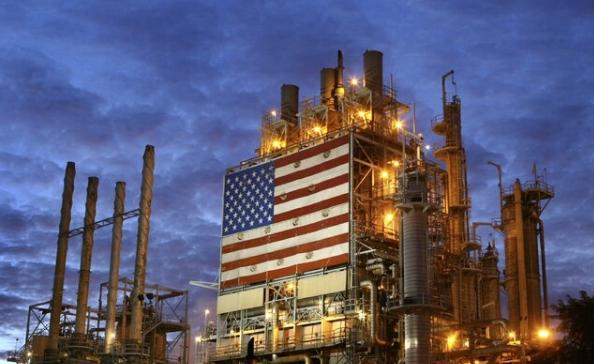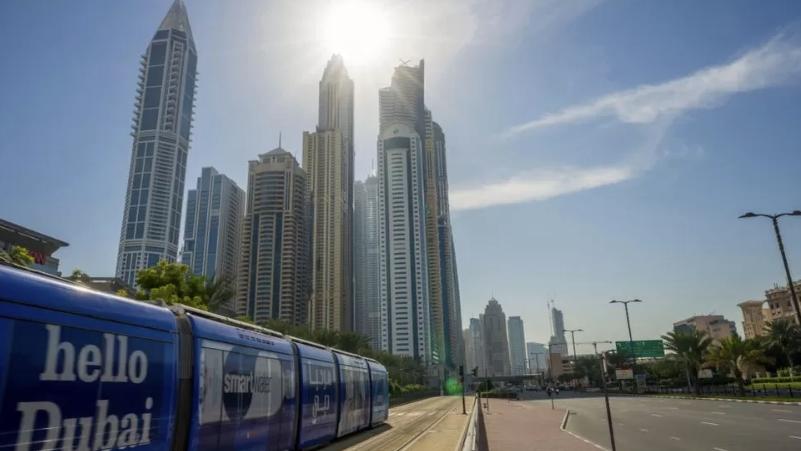British Prime Minister Rishi Sunak has announced a series of delays in the UK’s approach to achieving net-zero emissions by 2050. Despite these changes, he reiterates the nation’s commitment to the goal. Here’s a closer look at how this announcement influences various sectors.
Transport: The Road Ahead
Transportation is a sector under scrutiny as it accounts for over a third of the UK’s total carbon dioxide emissions. Rishi Sunak recently announced a delay in the implementation of the ban on new petrol and diesel cars and vans, pushing it from 2030 to 2035. This move is a shift from former Prime Minister Boris Johnson’s “green revolution” plan, under which this ban was a central aspect. A stat that demonstrates the country’s significant progress in adopting cleaner modes of transport:
“There were more than 1.1 million electric cars in use on UK roads as of April.”
However, Sunak’s delay raises questions about the UK’s commitment to reducing greenhouse gas emissions swiftly.
The zero-emission vehicle mandate, a key regulation guiding this transition, requires car manufacturers to increase the proportion of electric vehicles they sell in the UK incrementally each year, aiming for 100% by 2035. While Sunak affirmed that all new car sales from 2035 would still be zero emissions, proposals governing car passenger limits and new taxes to discourage flying have been scrapped.
Residential Changes: Heating Up Discussions
Residential emissions, primarily from heating, represent around 17% of the UK’s total CO2 emissions. The government’s strategy includes reducing the country’s energy consumption and phasing out new and replacement gas boilers from 2035, encouraging a transition to heat pumps. However, Sunak’s recent announcements signal a slowdown in this transition.
Sunak revealed, extending the previous 2026 phase-out date:
“Off-gas-grid homes could continue to install oil and liquefied petroleum gas boilers until 2035.”
This decision, although giving homeowners more time, raises concerns about the pace at which the UK is moving towards cleaner, more sustainable heating solutions.
Almost 80% of British homes are currently heated by gas boilers, with 72,000 heat pumps installed in 2022. Despite these numbers, the government’s ambitious target of 600,000 installations per year by 2028 and a reduction in household energy consumption necessitates a more aggressive approach. Sunak reassured that subsidies for energy-efficient home upgrades would continue, but mandatory upgrades, especially for landlords, are off the table.
Energy Sector: Powering the Future
The energy sector contributes a significant portion to the UK’s greenhouse gas emissions. Britain, seeking energy independence, had previously committed to licensing numerous North Sea oil and gas extraction projects. Sunak has confirmed there would be no ban on new oil and gas projects in the North Sea and emphasized the balance between carbon budgets and plans to achieve them.
Sunak, indicating the country’s multi-faceted approach to achieving energy sustainability and security, highlighted:
“Britain is lifting a ban on onshore wind, investing in carbon capture, and building new nuclear power stations.”
However, the offshore wind power sector faces challenges as recent subsidy auctions failed to attract investments for new projects off the British coasts.
The government’s ambitious goal to develop 50 GW of offshore wind capacity by 2030, a significant increase from the current 14 GW, underlines the scale of commitment needed to transition towards cleaner energy sources effectively. Sunak’s announcements indicate a balance between immediate energy needs and long-term sustainability goals, a stance that will continue to shape the UK’s net-zero policies.
Navigating the Path to Net Zero
Prime Minister Rishi Sunak’s decision to delay targets for transitioning cars and domestic heating illuminates the complexities involved in the UK’s journey to net zero. While reaffirming the commitment to achieve net zero emissions by 2050, these adjustments highlight the intricate balance between ambitious environmental goals and practical, on-the-ground realities faced by citizens and industries alike. Each sector, from transportation to residential and energy, is navigating its unique challenges, aiming to align immediate needs with long-term sustainability objectives.



